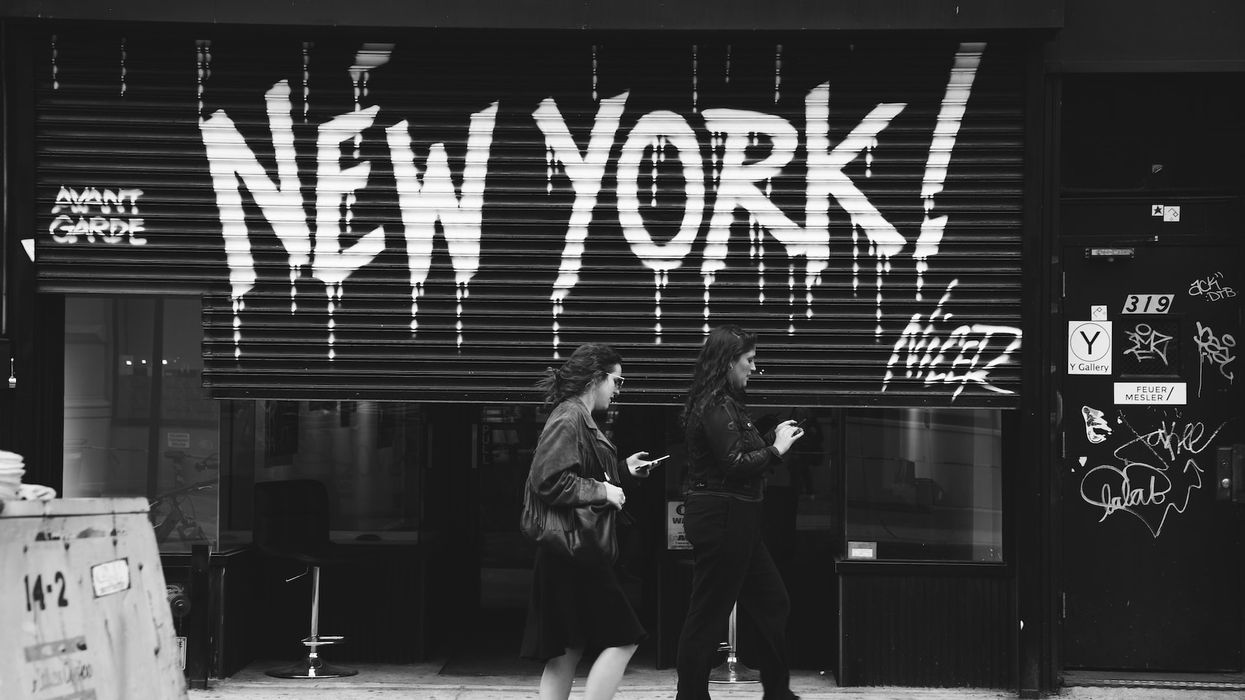A new vision for a "topless" cannabis dispensary has been shared for Club Castaway, a strip club located in western Massachusetts. The proposed dispensary would combine the sale of cannabis with live nude performances, prompting concerns about the direction the legal cannabis industry is heading.
The idea of a topless cannabis dispensary has sparked outrage among critics, who say it is a dangerous direction for the industry to be heading. The combination could send a negative message to the public, particularly youth. Critics argue that by combining cannabis and adult entertainment, it could encourage harmful behavior and normalize the idea that women's bodies are simply a commodity to be sold alongside drugs. This is seen as a step in the wrong direction for the evolving legal cannabis industry, which is seeking to be more responsible, inclusive and equitable.
"The proposal for a topless cannabis dispensary & lounge is a demeaning and exploitative idea that does not align with the kind of cannabis industry we want to see," Jennifer, a 42-year old restaurant industry worker from Boston, told The Bluntness. "We need to be promoting responsible and respectful cannabis use and removing stigma, not perpetuating negative stereotypes and objectifying women."
The proposed dispensary, which is still in the planning stages, has been met with opposition from the Northampton city council. Councilor Marianne LaBarge has expressed concern about the location of the dispensary, which is near a school and a residential neighborhood.
"We want to make sure that any cannabis dispensaries are located in safe, appropriate areas that are not going to put our children or our residents at risk," said LaBarge.
The combination of cannabis and adult entertainment is not a new concept. In 2019, the city of West Hollywood, California, approved a cannabis dispensary that features a rooftop lounge with live music and burlesque shows.
"It's disappointing to see the cannabis industry taking this direction," shared Roberto, an Army vet and medical cannabis patient.
While cannabis lounges and other social consumption venues are becoming an important part of the legal cannabis industry, the proposed topless dispensary at Club Castaway is seen as a threat to the progress made in terms of gaining acceptance and overcoming stigma.
The industry must strive to be responsible, equitable, and socially acceptable to ensure that cannabis is viewed as a legitimate and valuable addition to society.
In conclusion, the proposed topless cannabis dispensary at Club Castaway has raised valid concerns about the sexualization of women in the cannabis industry. It is important for the industry to be mindful of its impact on society and ensure that it promotes responsible use and removes stigma, not perpetuates negative stereotypes.
The nascent legal cannabis industry has the potential to provide a valuable source of revenue and employment, but it must also be mindful of its impact on society. The proposed topless cannabis dispensary at Club Castaway serves as a reminder that there are still many challenges and controversies surrounding the industry as it continues to evolve.


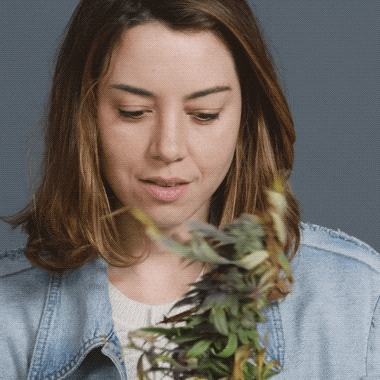

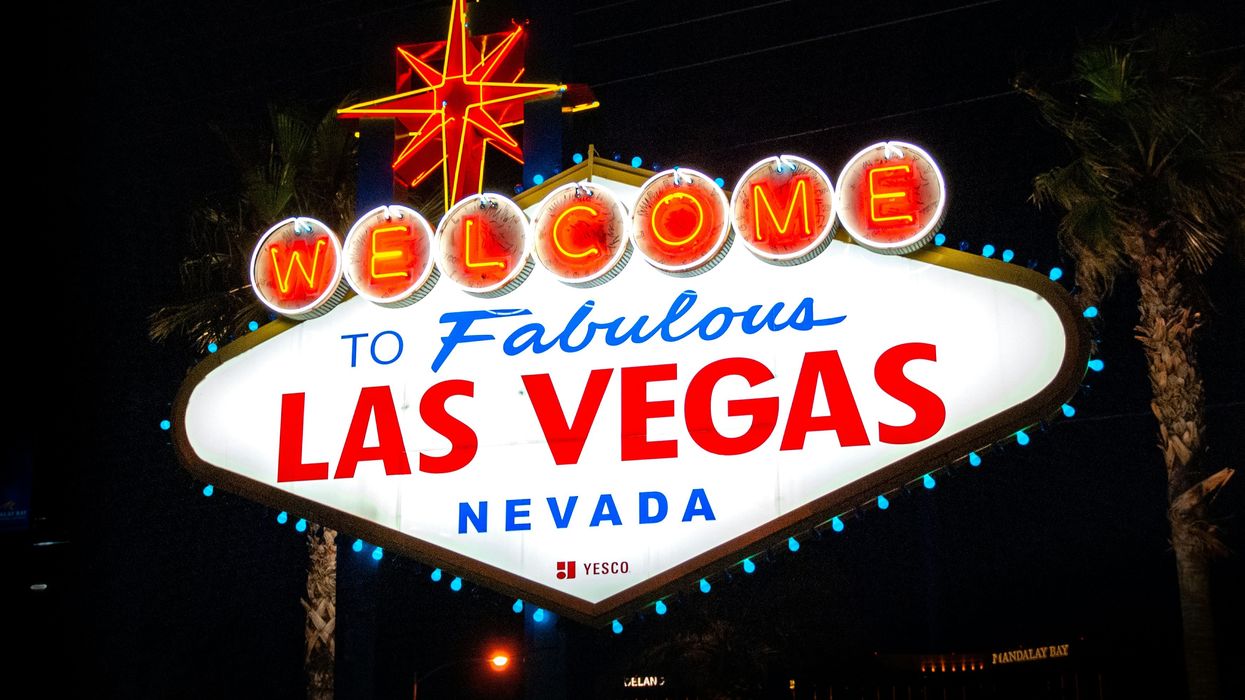
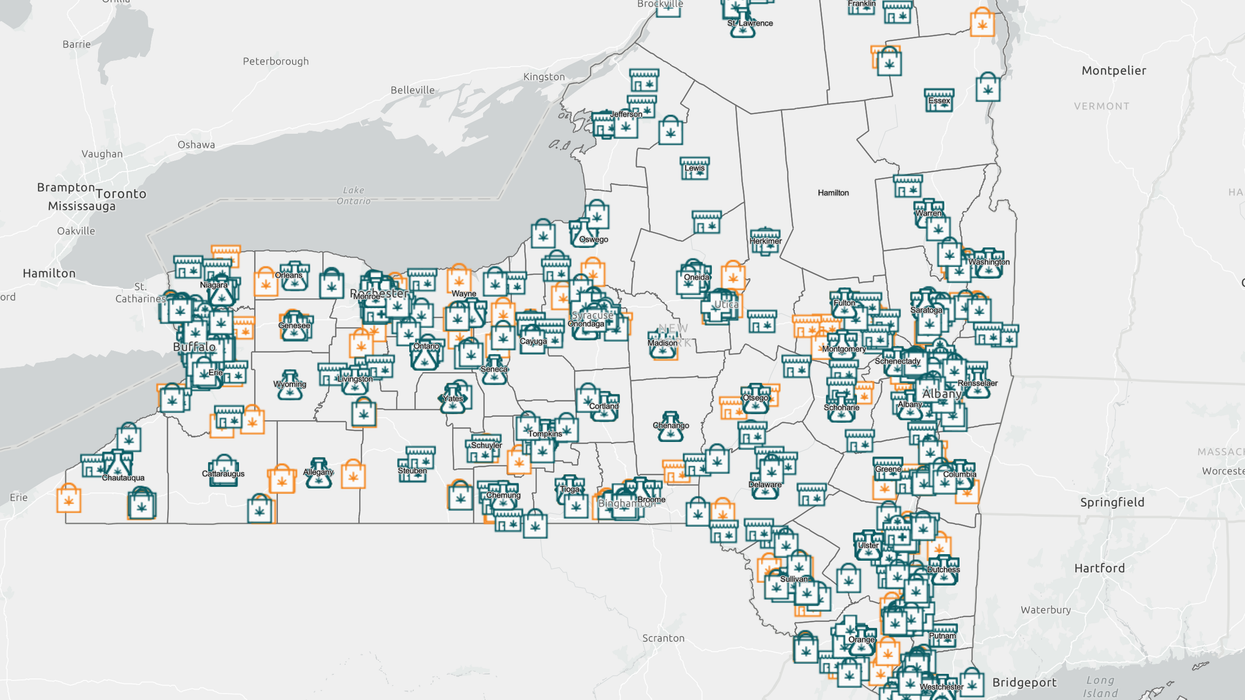

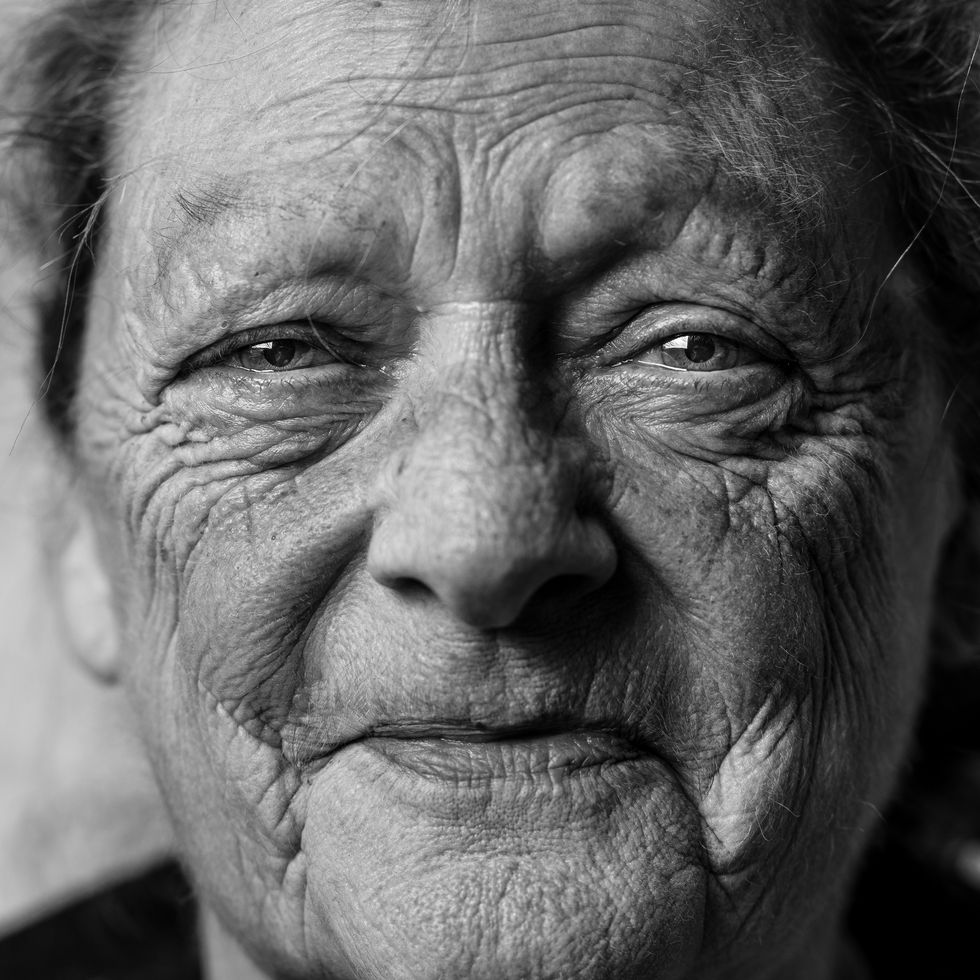 Cannabis and Aging: A Groundbreaking Study Challenges Long-Held Beliefs
Photo by
Cannabis and Aging: A Groundbreaking Study Challenges Long-Held Beliefs
Photo by 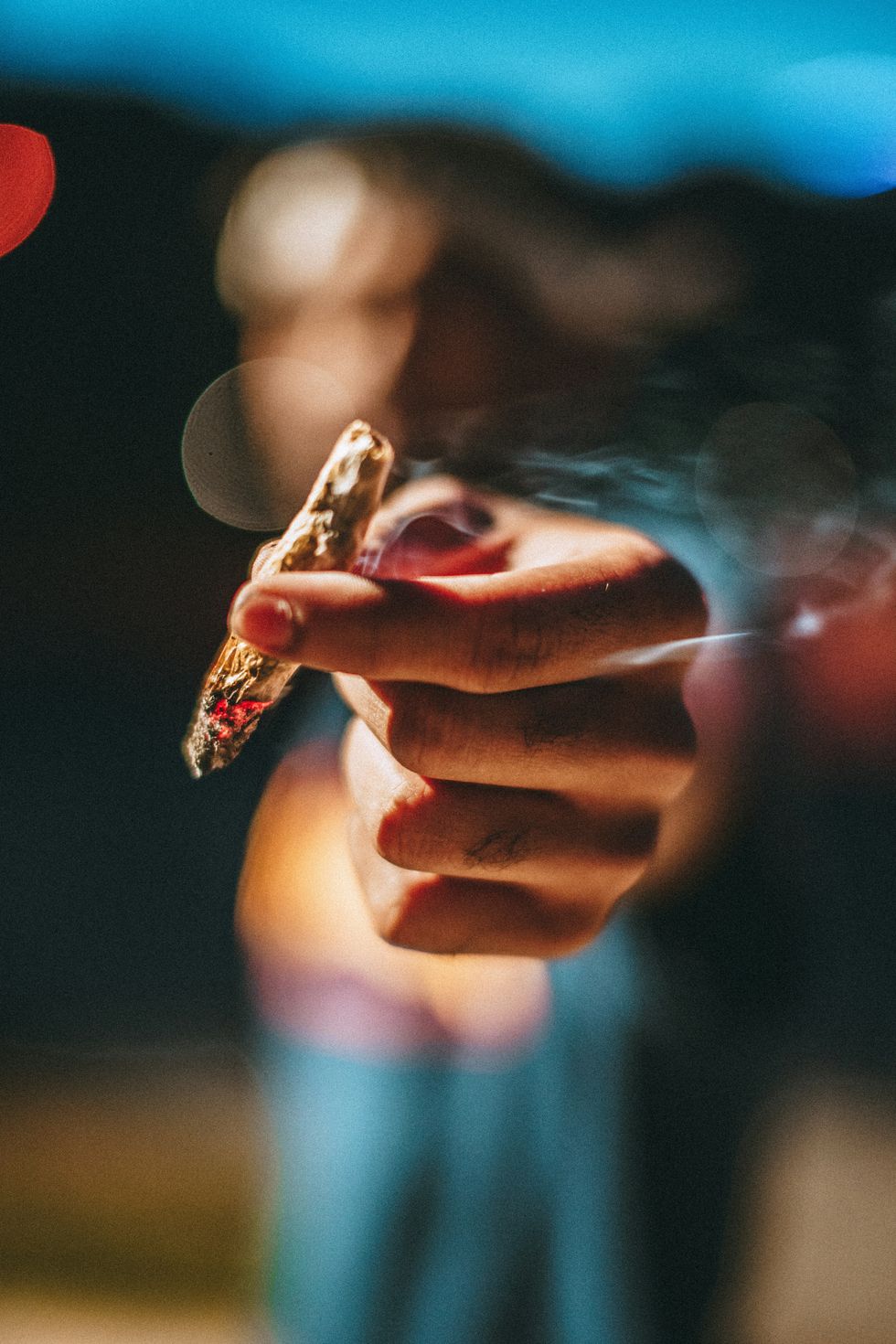 Cannabis and Aging: A Groundbreaking Study Challenges Long-Held Beliefs
Photo by
Cannabis and Aging: A Groundbreaking Study Challenges Long-Held Beliefs
Photo by 






 Cigar smoking in a bar....
Cigar smoking in a bar....  Movie theater as consumption space? Not a bad idea.....
Movie theater as consumption space? Not a bad idea..... 

